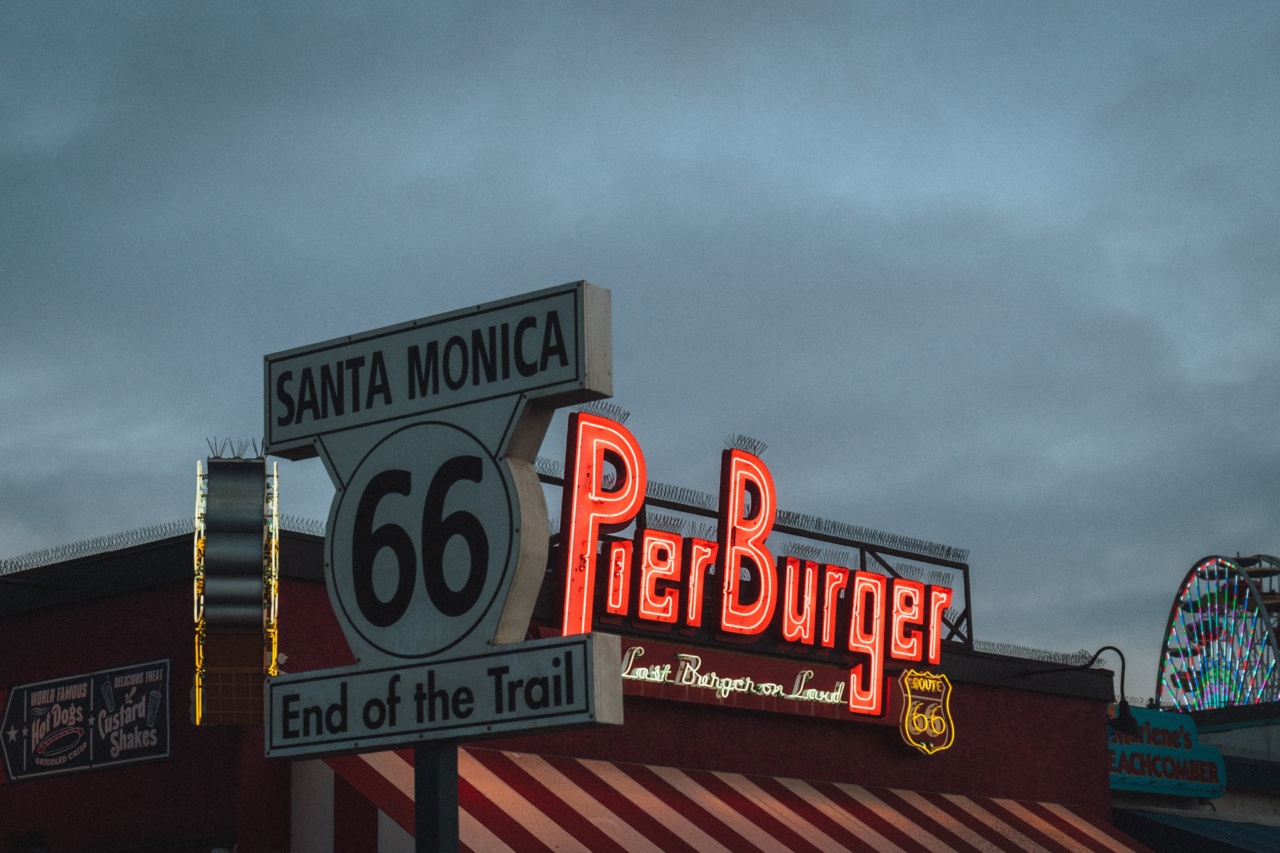Heading to the beach is always an exciting experience. The sound of crashing waves, salty breeze, and warm sand beneath your toes can make for a perfect day.
However, if you’re planning a beach outing, it’s important to consider the foods you consume beforehand. Certain foods can have a negative impact on your beach day, leaving you feeling uncomfortable or even worse, ruining your fun in the sun. To ensure a fantastic beach experience, it is best to stay away from the following foods:.
1. Carbonated Drinks
Carbonated drinks are notorious for causing bloating and gas. Consuming soda, fizzy beverages, or even carbonated water can lead to discomfort and a distended stomach.
The last thing you want is to feel bloated or deal with excessive gas while trying to enjoy your time at the beach. Opt for plain water or natural fruit-infused water instead.
2. Spicy Foods
Spicy foods can cause indigestion, heartburn, and acid reflux, which can all put a damper on your beach day. Spicy dishes can irritate the lining of your stomach and esophagus, leading to discomfort and an overall unpleasant experience.
Avoid spicy foods like hot peppers, chili, and heavily seasoned dishes before hitting the beach.
3. Greasy and Fried Foods
While indulging in greasy and fried foods might satisfy your taste buds, they can leave you feeling sluggish and bloated. These foods take longer to digest and can cause discomfort and an upset stomach.
Opt for lighter options like grilled chicken or fish, fresh fruits and vegetables, or a refreshing salad to keep you feeling light and energized during your beach excursion.
4. Dairy Products
Dairy products can have a negative impact on your beach experience, especially if you are lactose intolerant or prone to digestive issues. Consuming milk, cheese, ice cream, or other dairy products can lead to bloating, gas, and an upset stomach.
To avoid any discomfort, consider dairy alternatives like almond milk or lactose-free options.
5. High-Fiber Foods
While fiber is normally beneficial for digestion, consuming high-fiber foods before hitting the beach may not be the best idea.
These foods, such as beans, lentils, whole grains, and certain fruits and vegetables, can cause gas and bloating, leading to an unpleasant beach experience. Opt for low-fiber alternatives to keep your tummy happy.
6. Alcohol
While sipping on a cocktail or enjoying a cold beer might seem tempting, alcohol is dehydrating and can increase your risk of dehydration under the hot sun.
Additionally, alcohol can impair your judgment and coordination, posing a safety risk while swimming or engaging in water activities. It’s best to save the alcoholic beverages for after your beach visit.
7. Caffeinated Beverages
Caffeinated drinks, such as coffee, energy drinks, and certain sodas, act as diuretics and can increase your need to urinate. This can be inconvenient if you’re planning on spending a long day at the beach without easy access to restrooms.
Furthermore, caffeine can also contribute to dehydration. Opt for caffeine-free herbal teas or water instead to stay properly hydrated.
8. Processed Snacks
Processed snacks like chips, cookies, and candies might be convenient for on-the-go, but they provide little nutritional value and can lead to energy crashes.
These snacks are often high in sugar, unhealthy fats, and preservatives, leaving you feeling lethargic instead of full of energy for your day at the beach. Pack healthier options like mixed nuts, seeds, or fresh fruit for a quick and nutritious snack.
9. Heavy Meals
Sitting down to a heavy meal before heading to the beach can make you feel drowsy and lethargic, hindering your ability to fully enjoy the beach activities. Opt for smaller, light meals that are easy to digest.
This will ensure you have enough energy to participate in various beach activities without feeling weighed down.
10. Foods You’re Allergic or Intolerant To
It should go without saying, but it’s crucial to avoid any foods you are allergic or intolerant to before visiting the beach.
Consuming these foods can lead to severe allergic reactions or digestive issues, which can quickly escalate and ruin your day. Always be aware of your food allergies and intolerances to keep yourself safe and healthy.
By steering clear of these foods, you can have a more enjoyable time at the beach, free from discomfort and digestive issues. Remember to choose lighter, hydrating, and nutritious options to keep yourself energized and ready to have fun in the sun!.































